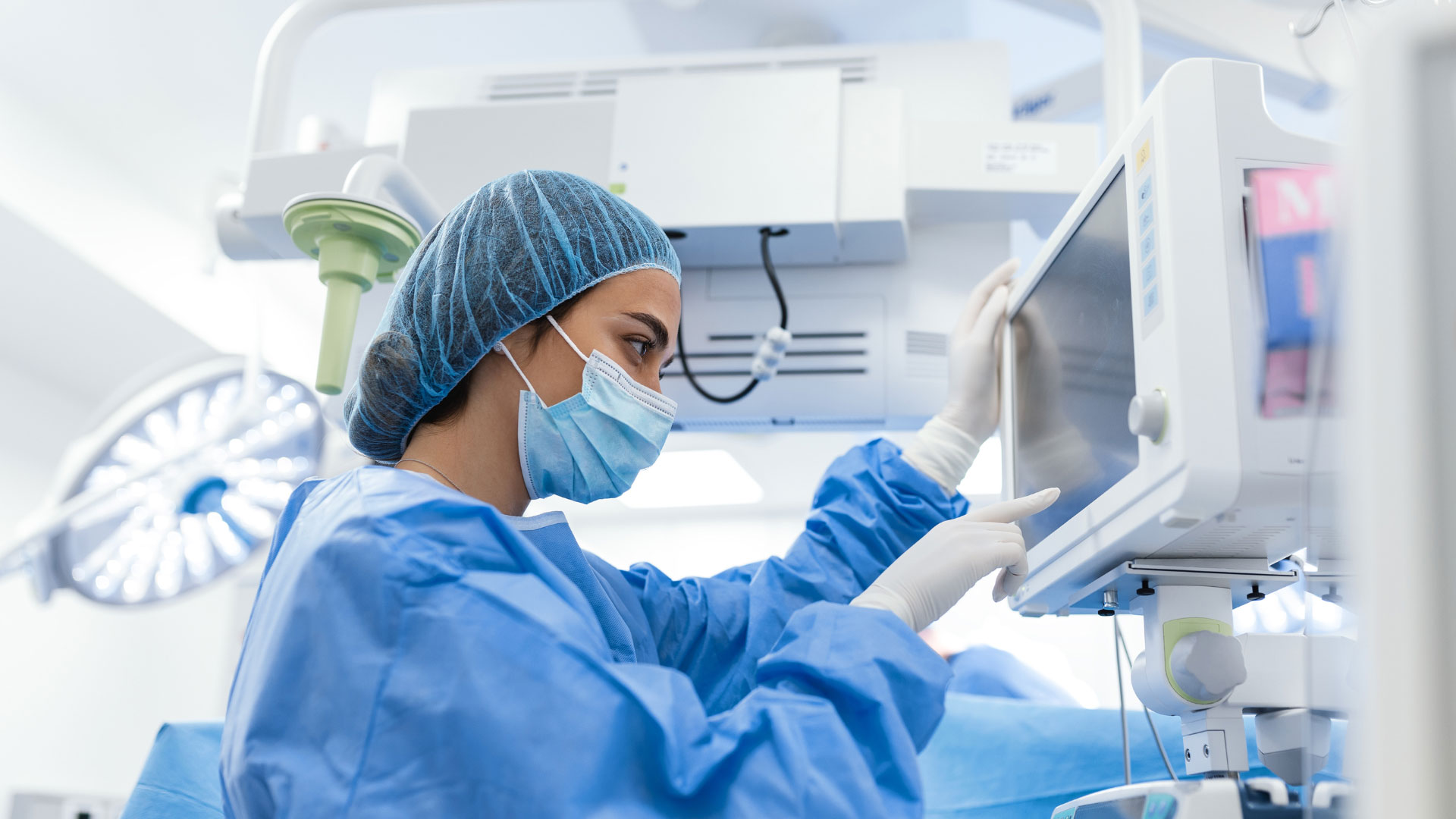Anesthesiology and the Certified Registered Nurse Anesthetist (CRNA) professions are highly specialized fields that require a unique blend of technical expertise, critical thinking abilities, and personal qualities. If you’re considering a career in these areas, it’s crucial to understand the comprehensive set of skills, qualities, education, and experience needed to excel. In this blog post, we’ll explore the essential qualities that make you an ideal candidate.
Essential Skills and Qualities
Navigating the complexities of anesthesia practice demands more than just medical knowledge; it requires a combination of essential skills and personal qualities. let’s dive into the general essential skills and qualities expected for both roles.
Strong Scientific Background: Anesthesiologists and CRNAs require a solid foundation in sciences, particularly physiology, pharmacology, and chemistry. Understanding human anatomy, bodily systems, and anesthetic agents is crucial.
Critical Thinking and Problem-Solving Skills: Anesthesia providers must swiftly analyze complex situations, identify risks, and make sound judgments under pressure to ensure patient safety.
Attention to Detail: Precision is vital in administering anesthesia and meticulously monitoring vital signs, where even the slightest errors can have severe consequences.
Excellent Communication Skills: Effective communication is vital for collaborating with surgical teams, conveying important information to patients and their families, and ensuring a seamless flow of care.
Emotional Intelligence and Empathy: Anesthesia providers must balance patient care with empathy and professionalism, navigating complex emotional dynamics.
Continuous Learning and Adaptability: Medical knowledge and technology are constantly evolving, making a commitment to lifelong learning and adaptability crucial. At Ambulatory Anesthesia Solutions we stay up-to-date with the latest developments, techniques, and best practices in the field.

Educational and Experience Requirements
Anesthesiologist
The journey to becoming an anesthesiologist begins with earning a bachelor’s degree, typically in a science-related field such as biology, chemistry, or biochemistry. This lays the foundation for extensive medical training. Anesthesiologists must then complete a 4-year Doctor of Medicine (MD) or Doctor of Osteopathic Medicine (DO) program at an accredited medical school.
Upon completing medical school, physicians enter a 4-year accredited anesthesiology residency program. During this intensive residency, they specialize in anesthesia administration, pain management, and emergency response, gaining hands-on experience in diverse surgical settings. If you are unsure where to start, ambulatory anesthesia solutions can help match you with your ideal ambulatory surgical center. Check out our anesthesiologist page on why you should choose AAS to make the next step.
Finally, to practice as a licensed anesthesiologist, individuals must obtain a state medical license and become board certified by the American Board of Anesthesiology. This certification process involves passing a comprehensive written and oral examination, demonstrating mastery of anesthesiology knowledge and skills.
Certified Registered Nurse Anesthetist (CRNA)
The journey to becoming a CRNA begins with earning a Bachelor of Science in Nursing (BSN) degree and obtaining a Registered Nurse (RN) license. Afterward, gaining at least one year of acute care experience as an RN, preferably in a critical care setting. Ambulatory Anesthesia Solutions offers strong networking and opportunities to work with experienced professionals. We assist in matching you with suitable local ambulatory surgical centers based on your qualifications and preferences. Explore our blog on starting your career as a CRNA with AAS.
After gaining nursing experience, the next step is completing an accredited nurse anesthesia program, usually lasting 2-3 years and resulting in a Master of Science in Nursing (MSN) or Doctor of Nursing Practice (DNP) degree. The curriculum covers advanced pharmacology, physiology, anesthesia principles, and clinical practicum experiences.
Upon graduation, CRNAs must obtain certification from the National Board of Certification and Recertification for Nurse Anesthetists (NBCRNA). This involves passing an examination that assesses their knowledge and skills in administering anesthesia and providing related care.
If you possess the essential skills and qualities, along with a passion for patient care and a commitment to continuous learning, you may have what it takes to become an exceptional anesthesiologist or CRNA. Contact Ambulatory Anesthesia Solutions today and we can find the right ASC that meets your needs.


